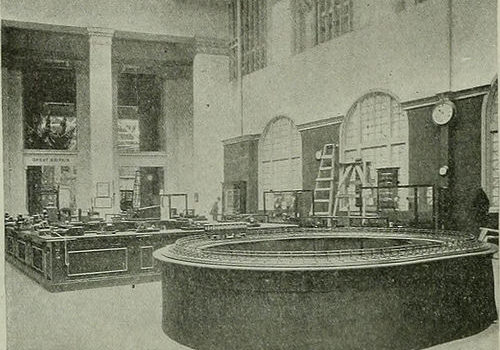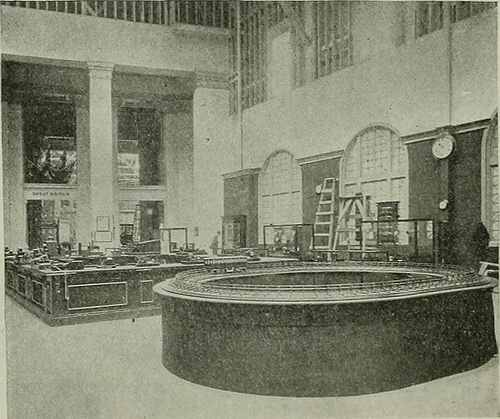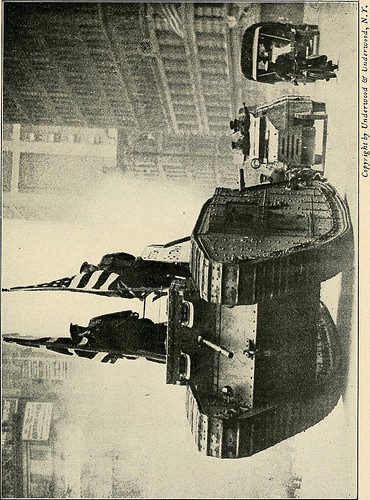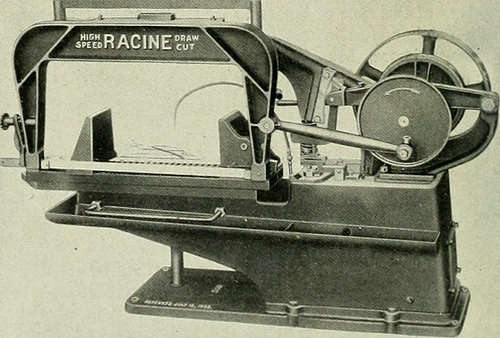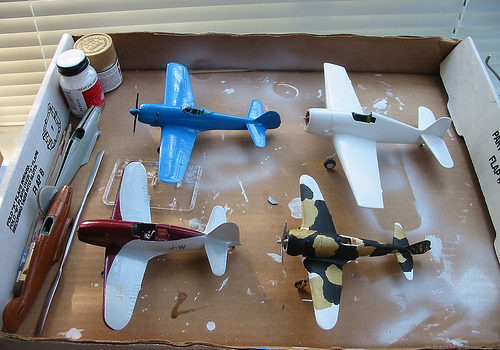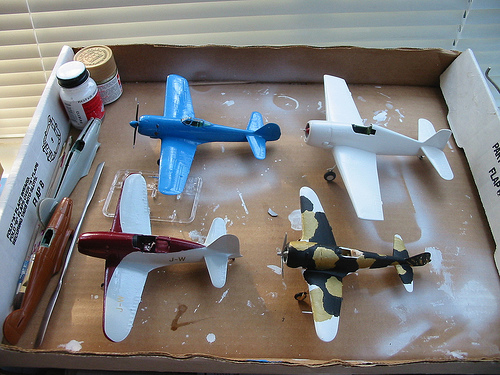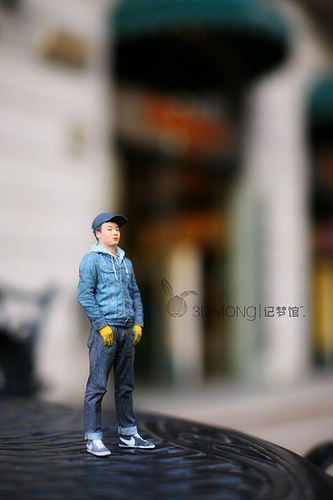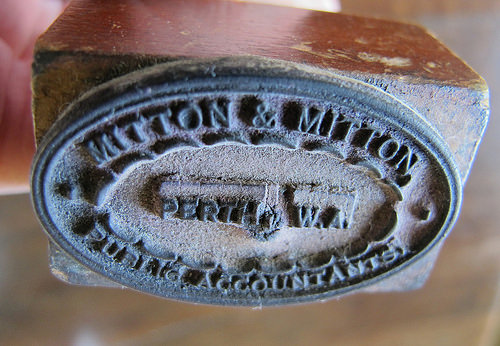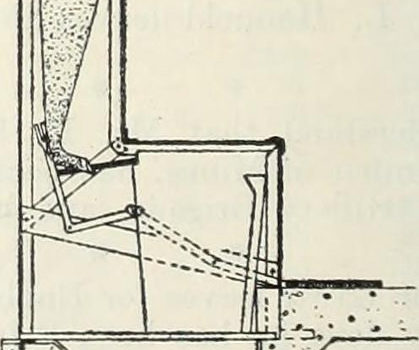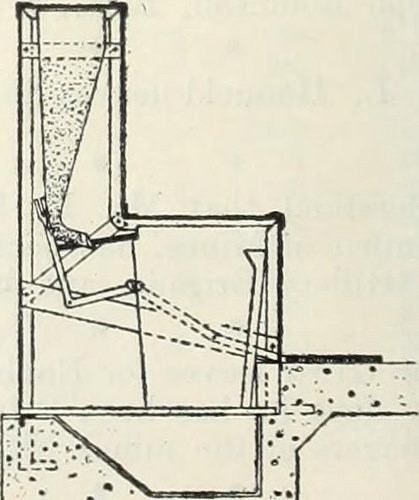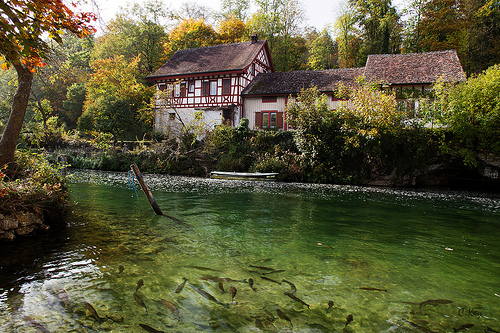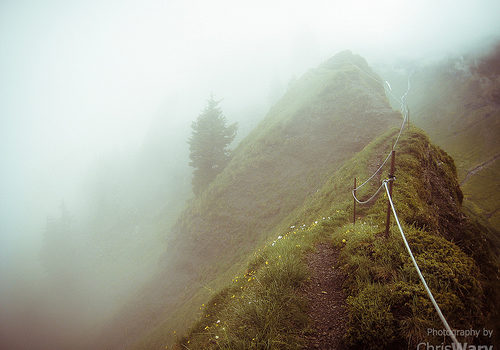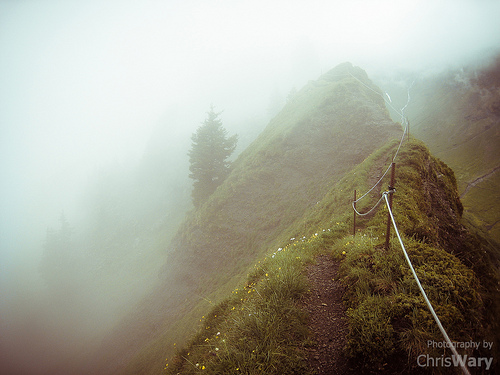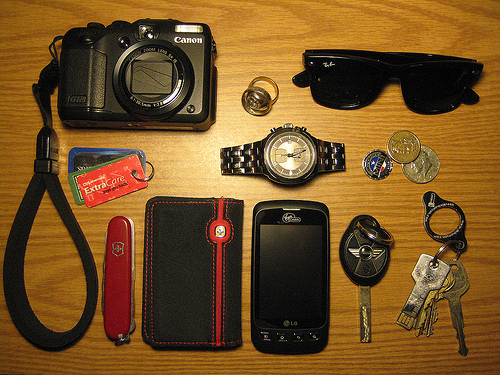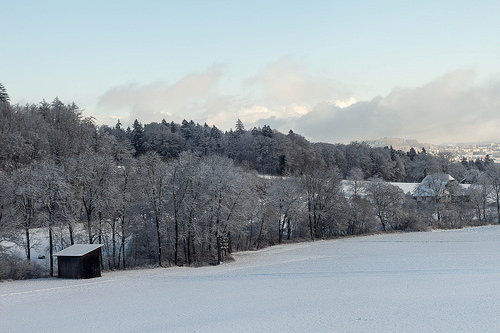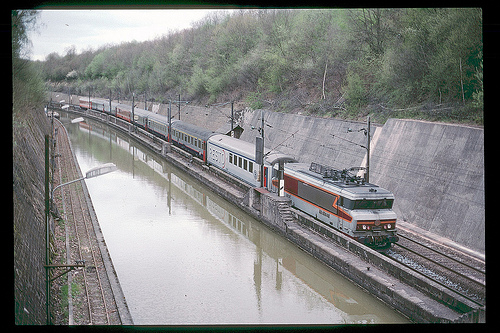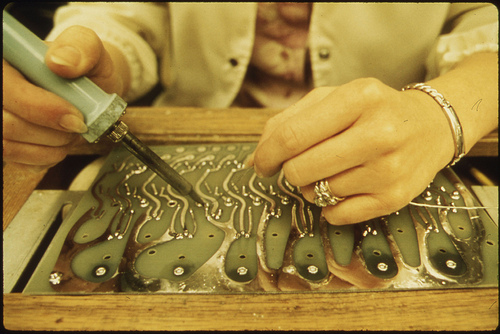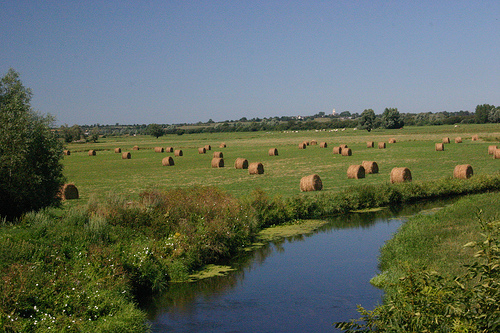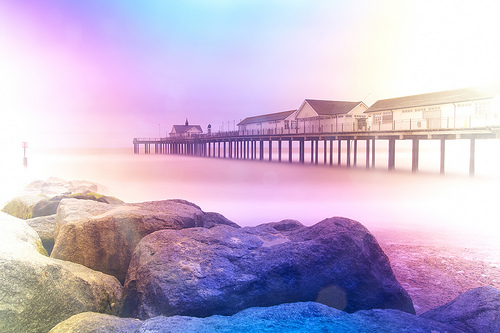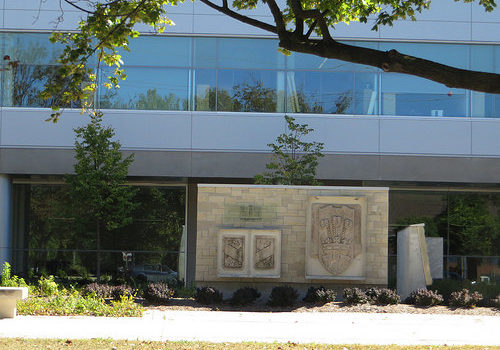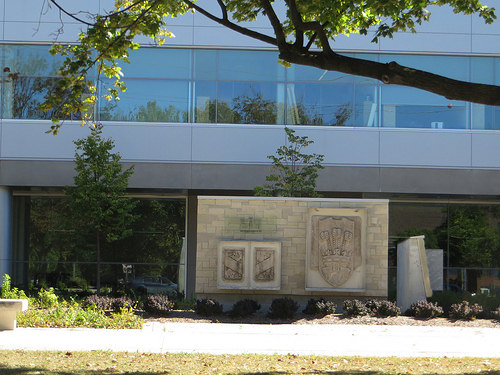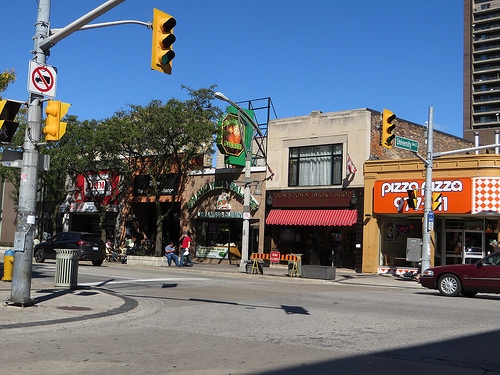Some cool vertical grinding photos:
The Beth Chatto Gardens – (S)weeping into Pink!
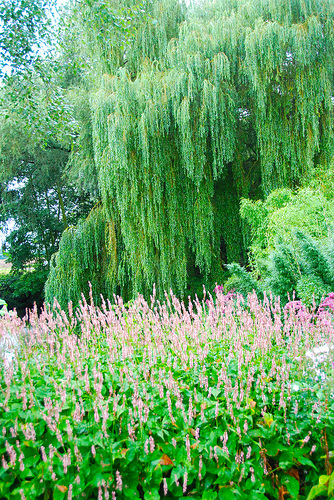
Image by antonychammond
One of the greats of British gardening, Beth Chatto OBE has entered the realm of national treasuredom. Plants-woman, designer, author, ten-time gold-medal winner at Chelsea, holder of the Royal Horticultural Society’s Victoria Medal of Honour and, of course, the owner of the celebrated Beth Chatto Gardens at Elmstead Industry, near Colchester, in Essex – her horticultural abilities seem boundless. With the notion of “right plant, correct place” – in other words, place a plant in conditions close to its organic habitat and it will thrive with out support – running as a thread all through her profession, she has inspired a generation of gardeners to take their lead from nature.
The garden has been the inspiration for a lot of of her influential books, such as The Dry Garden (1978), The Damp Garden (1992) and Beth Chatto’s Gravel Garden (2000). It was developed on land that was previously portion of a fruit farm, owned by her late husband, Andrew, 14 years her senior, whom she married in 1943. “We met in the course of the war,” she says. “I was a schoolgirl of about 17, taking into consideration going to college.”
A scholarly man, who died in 1999 right after suffering from emphysema for 25 years, Andrew devoted much of his life to research into plant habitats. Chatto says it was he who inspired her interest in gardening and refers to him regularly, modestly deferring to his superior understanding. “He’s such an essential influence in my life,” she says. “My parents had been keen, but they had a conventional garden, using mostly cultivars.”
The couple lived initially in his parents’ in Colchester, but in the late 1950s moved to a modernist residence they’d built on the edge of the farm – exactly where Chatto nevertheless lives nowadays. Even inside, the garden is a constant presence. Big windows frame views and vignettes of the planting on each and every side and invite a tapestry of textures, colours and shapes into the house.
Chatto credits her husband practically totally for her achievement. “My two daughters had been teenagers ahead of I started to believe about generating a enterprise,” she says. “Andrew had looked after us and given me the safety and freedom to experiment.” Her husband’s failing overall health and the trials of operating a fruit farm concentrated her thoughts on developing the garden commercially, even though what we see these days took time to emerge.
“For the very first seven or eight years, significantly of the land was a wilderness,” she recalls. But there have been assets, too, not least a rare natural water source in the drought-prone east of Essex, where rainfall can be as tiny as 20in a year. “There were a few fine 300-year-old oaks and a spring-fed ditch ran through the hollow.” Right now, the ornamental gardens cover about 5 acres a further ten are occupied by the nursery, which opened in 1967, and working locations.
Obtaining water was not the only challenge. “There was land that was so dry, the native weeds curled up and died. That ultimately became my gravel garden,” she says. This she developed in 1991, on the internet site of a car park. Apart from watering in the young, drought-tolerant plants during the very first year, she has by no means artificially irrigated it.
Chatto has a knack for turning dilemma places into an asset, and there are several distinct places in the garden, each and every requiring a different approach. The large water gardens are dominated by a series of ponds surrounded by bog plants and swathes of lush grass. A lengthy, shady walk runs parallel to a single of the boundaries. Right here, shade-tolerant planting – including ferns, tiarella and pulmonaria – carpet the ground beneath oaks and other specimen trees added by Chatto. By contrast, the gravel region is a mass of sun-loving perennials, with asters, rudbeckias and sedums glowing via hazy grasses.
The garden could have started out to give pleasure to a loved ones, but it has developed into a self-contained horticultural powerhouse, attracting guests from all more than the planet – about 40,000 a year. “It’s like sowing an acorn, which is my symbol,” says Chatto. “I have an acorn and an oak tree on a weather vane, which was a superb present from my employees.” Incredibly, it is tended by only a single complete-time and four element-time gardeners and volunteers – many of whom are foreign students. Chatto remains resolutely hands-on and is keen to pass on the expertise she has gained through encounter.
Chatto utilizes grasses brilliantly, and was performing so lengthy prior to it became fashionable. She creates seemingly effortless but completely satisfying combinations. Therein lies her genius – there may be other individuals out there with an equal understanding of plants, but no one else has her eye. Shape, scale, proportion, texture, colour – all are balanced with the skill of a plate-spinner.
She also variables in horticultural considerations – how huge a plant will get, how quickly or gradually it will develop, what situations it requirements to thrive and how it is maintained. The result is a garden that performs on every level – sensible, horticultural and aesthetic – with layer upon layer of carefully placed plants, as enticing asmillefeuillepastry. It all appears totally uncontrived, but, on closer inspection, 1 notices geometric lines and angles. The huge picture is built up gradually, with small groupings of three or much more plants forming a satisfying melange of verticals and horizontals, and fluffy and solid plants. “I need the trees and shrubs to kind a background, to paint the sky and lead the eye upwards towards the clouds,” Chatto explains. “Then one particular adds the embroidery, which I appreciate so a lot.” Absolutely nothing is permitted to get out of hand, but stagnation is not an choice, either. “A garden is not a image hanging on a wall,” she says. “It changes not only from hour to hour, week to week or month to month, but from year to year.”
Chatto has definitely noticed the effects of climate alter. Drought is practically nothing new in her portion of the world, exactly where (the past two years aside) there is often no rain for up to ten weeks in the summer. “The most interesting adjust is the lack of cold weather,” she says. “Only ten years ago, we had icicles hanging down, and when the children have been small, they utilized to skate. Now we hardly have enough ice to bear a duck.” From an article by Rachel de Thame
Please check out www.bethchatto.co.uk/ for additional information about this inspirational gardener and garden.
I enjoy flickr – I love Flickr Day – January five, 2014

Image by Daniel Mennerich (Saigon HCM City)
Please join the campaign, if you do not like the proposed new flickr layout.
Please download this image and upload it to your stream on Sunday, January 5, 2014. You can also make your personal picture with the text as noticed in this picture ( or of similar nature, but make positive to emphasize the boycott ), in any language of your selection. Please circulate it and remember to upload it on Sunday, January five, 2014 ( or just before, if you know you are going to be away on January five )
Images of Beta :
www.flickr.com/photographs/110293295@N04/11461406716/in/photographs...
www.flickr.com/pictures/110293295@N04/11461406746/in/images...
Beta feedback : Completed / Top suggestions / Hot suggestions
Want to know ? :
Why there is a sudden rise in views of your photos ?
Why is Flickr slow now ?
———————————————————————- ————————————-
Français :
J’aime Flickr
J’aime Flickr jour – five janvier 2014
Les changements proposés vont ruiner Flickr.
Si la nouvelle photo expérience de est mis en œuvre sans selection, je vais déciderai à boycotter et appel également tous mes amis et les famille à boycotter toutes les marques / produits qui affichent des publicités sur Yahoo.
www.flickr.com/photographs/23416307@N04/11706877113/
Deutsch :
Ich liebe Flickr !
Ich liebe Flickr -Tag am five. Januar 2014
Die geplanten Änderungen werden Flickr ruinieren.
Wenn die neue Gestaltung von Flickr ohne Wahlmöglichkeit verpflichtend eingeführt wird, werde ich boykottieren und an alle meine Freunde, Kontakte und Familienmtglieder appelieren, in Zukunft alle Marken/Produkte zu boykottieren, die bei Yahoo werben.
——————–
Ich liebe Flickr
Ich liebe Flickr Tag – 5 Januar 2014
Die vorgeschlagenen Änderungen werden ruinieren Flickr.
Wenn das neue Foto-Erlebnis ohne Option implementiert ist, wird ich entscheiden, zu boykottieren und auch appelliere, alle meine Freunde und Familie zum Boykott alle Marken / Produkte, die auf Yahoo Werbung anzuzeigen.
____________________
Ελληνικά
Αγαπώ το Flickr.
Υποστηρίζω την Hμέρα για το Flickr της 5ης Ιανουαρίου 2014.
Οι προτεινόμενες αλλαγές πρόκειται να καταστρέψουν το Flickr.
Εάν η νέα παρουσίαση/εμπειρία εφαρμοστεί χωρίς να δίνεται η
δυνατότητα εναλλακτικής επιλογής, θα αποφασίσω να μποϊκοτάρω
όλες τις μάρκες / προϊόντα που εμφανίζουν διαφημίσεις στη Yahoo
και θα καλέσω τους φίλους και την οικογένειά μου να πράξουν το ίδιο
—————————–
Italiano
Che amo Flickr
Amo giorno Flickr – five GENNAIO 2014
Le modifiche proposte will rovinare Flickr .
Se la nuova esperienza foto è attuato senza l’opzione , deciderò di boicottare e chiamare anche tutti i miei amici e la famiglia di boicottare tutti i marchi / prodotti che visualizzano gli annunci su Yahoo .
_________________
Português
Eu amo Flickr
Eu amo Flickr dia – 05 de janeiro de 2014
As alterações propostas vai estragar Flickr.
Se a nova experiência foto é implementado sem uma opção, vou vai decidir boicotar e também chamar todos os meus amigos e família para boicotar todas as marcas / produtos que exibem anúncios no Yahoo.
———————–
Español – apelación
Por favor únase a la campaña, si no te gusta el diseño de la nueva propuesta flickr.
Descargue la imagen y subirla a su galeria el domingo 5 de enero de 2014. Usted puede hacer su propia imagen tambien con el texto como se ve en esta imagen (o de naturaleza related, el objetivo de hacer un uso Seguro enfatizar el boicot), en cualquier idioma de su elección. Ejemplo si la nueva experiencia fotográfica se realiza sin opcion , voy a decidir boicotear y también llamar a todos mis amigos y familiares a boicotear todas las marcas / productos que muestran anuncios en Yahoo .
Por favor, distribuirlo y recordar a subirlo a Domingo, 05 de enero 2014 (o antes, si usted sabe que va a estar fuera el five de enero)
______________________________________________________________________ __
Beta is a test preview of the alter that is receiving prepared to be implemented quickly. It can be for a limited group of flickr members, intended to seek feedback and right faults ( if any), just before it is made public.
Change is good and public has always welcomed good adjustments. The preference for Windows XP by most men and women even soon after the introduction of Vista is a classic example of public acceptance. The public liked and preferred the predecessor ( Windows XP ) and the follower ( Windows 7 and Windows eight ) versions of Vista. A change is good and frequently gladly welcomed by public, if it offers much more utilities and user friendliness, without depriving even a single advantage of the predecessor.
The Beta version is unacceptable to the majority of Flickr users* ( who occurred to encounter it ) , because it’s not user friendly and has only disadvantages to mention. *Please check the Beta feedback : Completed / Leading tips / Hot tips
The layout itself is a disaster. Please check : Try our new photo experience beta / Comment box
However they try, it is really evident that it’s not possible to offer a lot more space for descriptions, comment box, and comments not to mention comments with photos , group invites / awards. The far more they attempt to repair it, the much more cumbersome it becomes. The buddy icons now appear as dots making the web page a lot more unaesthetic than what you see in the earlier photographs of beta . They are desperately attempting to make it attractive and user friendly, which is actually impossible with the proposed layout .
It is a huge challenge for the programmers to attempt find indicates to provide a lot more space in a vertical column which is currently cramped.
Is it possible to make a rugby stadium inside a one hundred square feet ground ?
Want to know ? :
Why there is a sudden rise in views of your photographs ?
Why is Flickr slow now ?
The Beth Chatto Gardens – Weeping Willow or Sweeping Willow?
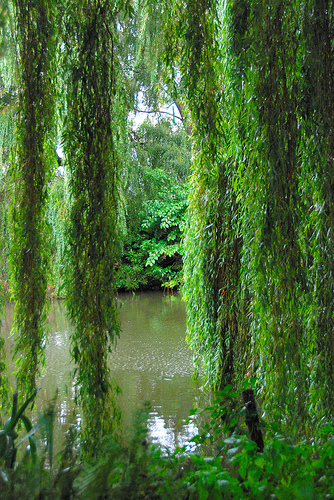
Image by antonychammond
One particular of the greats of British gardening, Beth Chatto OBE has entered the realm of national treasuredom. Plants-lady, designer, author, 10-time gold-medal winner at Chelsea, holder of the Royal Horticultural Society’s Victoria Medal of Honour and, of course, the owner of the celebrated Beth Chatto Gardens at Elmstead Market place, near Colchester, in Essex – her horticultural skills look boundless. With the notion of “right plant, correct place” – in other words, put a plant in circumstances close to its organic habitat and it will thrive without support – running as a thread all through her career, she has inspired a generation of gardeners to take their lead from nature.
The garden has been the inspiration for a lot of of her influential books, such as The Dry Garden (1978), The Damp Garden (1992) and Beth Chatto’s Gravel Garden (2000). It was designed on land that was previously element of a fruit farm, owned by her late husband, Andrew, 14 years her senior, whom she married in 1943. “We met throughout the war,” she says. “I was a schoolgirl of about 17, contemplating going to college.”
A scholarly man, who died in 1999 right after suffering from emphysema for 25 years, Andrew devoted considerably of his life to research into plant habitats. Chatto says it was he who inspired her interest in gardening and refers to him frequently, modestly deferring to his superior information. “He’s such an critical influence in my life,” she says. “My parents have been keen, but they had a conventional garden, using mainly cultivars.”
The couple lived initially in his parents’ in Colchester, but in the late 1950s moved to a modernist residence they’d constructed on the edge of the farm – where Chatto still lives today. Even inside, the garden is a continual presence. Huge windows frame views and vignettes of the planting on each side and invite a tapestry of textures, colours and shapes into the house.
Chatto credits her husband almost entirely for her good results. “My two daughters had been teenagers just before I started to feel about creating a organization,” she says. “Andrew had looked following us and offered me the security and freedom to experiment.” Her husband’s failing well being and the trials of operating a fruit farm concentrated her thoughts on establishing the garden commercially, even though what we see today took time to emerge.
“For the 1st seven or eight years, significantly of the land was a wilderness,” she recalls. Yet there have been assets, too, not least a rare organic water source in the drought-prone east of Essex, where rainfall can be as little as 20in a year. “There were a handful of fine 300-year-old oaks and a spring-fed ditch ran via the hollow.” These days, the ornamental gardens cover about 5 acres a further ten are occupied by the nursery, which opened in 1967, and functioning locations.
Locating water was not the only challenge. “There was land that was so dry, the native weeds curled up and died. That eventually became my gravel garden,” she says. This she developed in 1991, on the site of a vehicle park. Apart from watering in the young, drought-tolerant plants in the course of the very first year, she has in no way artificially irrigated it.
Chatto has a knack for turning dilemma locations into an asset, and there are a number of distinct areas in the garden, every single requiring a diverse approach. The big water gardens are dominated by a series of ponds surrounded by bog plants and swathes of lush grass. A lengthy, shady walk runs parallel to a single of the boundaries. Here, shade-tolerant planting – including ferns, tiarella and pulmonaria – carpet the ground beneath oaks and other specimen trees added by Chatto. By contrast, the gravel area is a mass of sun-loving perennials, with asters, rudbeckias and sedums glowing by means of hazy grasses.
The garden might have started out to give pleasure to a family, but it has created into a self-contained horticultural powerhouse, attracting guests from all more than the world – about 40,000 a year. “It’s like sowing an acorn, which is my symbol,” says Chatto. “I have an acorn and an oak tree on a weather vane, which was a great present from my employees.” Incredibly, it is tended by only 1 full-time and 4 component-time gardeners and volunteers – many of whom are foreign students. Chatto remains resolutely hands-on and is keen to pass on the expertise she has gained by means of knowledge.
Chatto uses grasses brilliantly, and was carrying out so extended before it became fashionable. She creates seemingly effortless but thoroughly satisfying combinations. Therein lies her genius – there could be other people out there with an equal understanding of plants, but no one else has her eye. Shape, scale, proportion, texture, colour – all are balanced with the ability of a plate-spinner.
She also factors in horticultural considerations – how large a plant will get, how fast or slowly it will develop, what conditions it requirements to thrive and how it is maintained. The result is a garden that works on each and every level – practical, horticultural and aesthetic – with layer upon layer of carefully placed plants, as enticing asmillefeuillepastry. It all seems totally uncontrived, but, on closer inspection, 1 notices geometric lines and angles. The huge image is built up progressively, with little groupings of 3 or more plants forming a satisfying melange of verticals and horizontals, and fluffy and solid plants. “I want the trees and shrubs to form a background, to paint the sky and lead the eye upwards towards the clouds,” Chatto explains. “Then one adds the embroidery, which I appreciate so considerably.” Nothing at all is permitted to get out of hand, but stagnation is not an option, either. “A garden is not a picture hanging on a wall,” she says. “It changes not only from hour to hour, week to week or month to month, but from year to year.”
Chatto has surely noticed the effects of climate change. Drought is absolutely nothing new in her part of the world, exactly where (the previous two years aside) there is at times no rain for up to 10 weeks in the summer time. “The most intriguing alter is the lack of cold climate,” she says. “Only 10 years ago, we had icicles hanging down, and when the young children have been little, they utilized to skate. Now we hardly have enough ice to bear a duck.” From an report by Rachel de Thame
Please check out www.bethchatto.co.uk/ for additional info about this inspirational gardener and garden.

